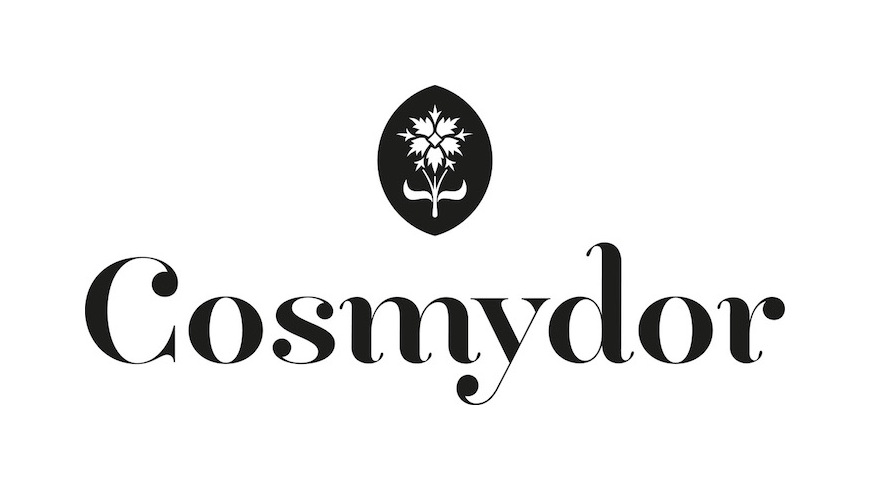SHOULD WE START A DISCUSSION AROUND "PLANT WELL-BEING"?
Nature provides everything we need
Animal welfare has become a concern of consumers of beauty products. Great news, but ... pointless!
It must be remembered that in Europe the legislator has dealt with this for a very long time. Since September 2004 it has been forbidden to test a formula on animals, and since March 2009 it has even been forbidden to use an ingredient tested on animals. A legal obligation, the famous "cruelty-free" has become a marketing tool to suggest to consumers completely imaginary virtues: all cosmetics sold in Europe can only be "cruelty-free"!
Would the next step be to start discussing "plant well-being"?
If animal welfare is motivated by proximity to humans, potential consciousness, and the possibility to suffer physically and emotionally, plant welfare is different: plants do not have a body similar to ours, neither a central nervous system, nor a brain capable of producing a thought.
If it seems acquired that emotions are not invited to the plant kingdom, some plants nevertheless perceive physical stress (heat, drought, attack, etc.) and respond to it, by protecting themselves and sharing the danger with their congeners by emitting specific molecules. These mechanisms, though amazing, seem purely functional, not an indicator of a "being."
Is this a reason not to worry about plants’ wellbeing?
The answer is no.
Selfishly, because it is intimately linked to human and animal welfare, as their essential source of all biochemistry. In fact, the infinitely rich chemistry of plants, which is far from being fully understood, remains the primary source of food and health (almost all drugs are derived from plants) for humans.
Plants are an extraordinary source of vitamins and minerals that nourish the complex needs of the human body. What is true for food is also true for skincare. No need to invent yet another synthetic molecule to hydrate, regenerate, stimulate, soften, nourish the skin. It would be just like inventing new petroleum-based food for our need of proteins, vitamin C or omega 3!
Nature provides everything we need. We just have to master botanical knowledge, use the latest technological advances, particularly in bio-analysis, to identify the most active ingredients, and master formulation and manufacturing know-how.
Booming solutions
Organic agriculture, which is defined by the absence of pesticides, herbicides and GMOs, ensures this minimum care for the plant we need, even if it does not guarantee biodiversity, limit water needs, etc. . Other initiatives, for example cultures in symbiosis, make it possible to meet human needs (food and cosmetics in particular), with high productivity, limited water needs, useful activities nearby (beekeeping, eco-tourism, etc.). These production modes, still marginal but growing strongly, represent one of the few sustainable solutions for the planet. It is up to consumers to demand them.
Cosmydor is committed to respecting Nature and plants as much as possible, through the widest possible range of sustainability initiatives (artisanal production without waste of water or energy, no use of petrochemicals, 99.5% plastic-free packaging, etc.). For the brand, formulating with organic ingredients in maximum concentration does not represent a marketing argument, but a strand of its DNA. Even the extraction of ingredients (by cold pressing), meets the need to respect plant chemistry - while refining with hexane, required for industrial skincare manufacturing, deteriorates organic molecules patiently designed by billions of years of evolution. Ditto for artisanal production, gentle, slow, at low temperature.
In the absence of "plant well-being", we must be concerned with the "well-being of plants", an infinite source of human well-being, and efficiency for the care of our body and our skin.
Let's try to protect it to protect ourselves.

